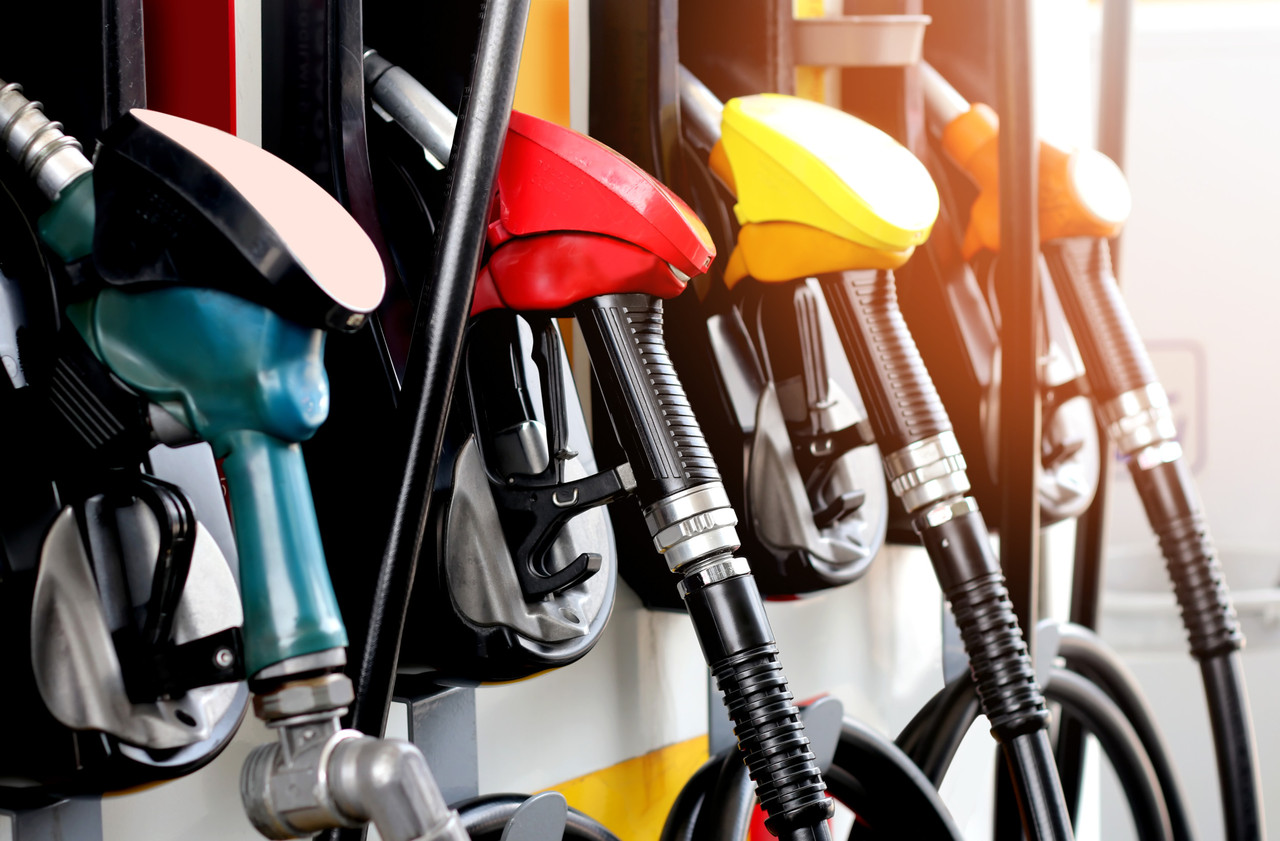The ACL argues that with the price of diesel reaching €2.112/l, the government should review its maximum travel expense allowance. Currently, the allowance cuts off at €214.50 per month--€2574 annually--following drastic measures taken during the financial crisis of 2012. The association, which counts 193,000 members, demands that the allowance be brought up to a maximum of €2,970 a year (or €247.5 a month).
The drastic cut of €396/year in 2012 had allowed the state to save €35m over one year, an amount that has cumulated to around €300m since, the association calculated.
In a press release, the ACL said: “While the State should mechanically collect more revenue on fuel, the ACL asks that this additional revenue be neutralised and redistributed to the people most dependent on their personal vehicle, to disadvantaged households often more exposed to energy inflation and to the companies most affected by the price hike, in particular craftsmen and small and medium-sized companies.”
Shift workers, employees and motorists in areas less well serviced by public transports, who do not have a choice in using alternative means, are penalised by the soaring fuel prices, the ACL argues, “while the State should mechanically collect more revenue on fuel.”
r had already asked for more action from the state in light of the fuel price increase, demanding a lower CO2 tax. Leaving behind fossil fuels has now become an apparent and urgent goal, however, the club warned against relying solely on an all-electric mobility. “The transition towards a mobility that respects the planet necessarily requires a medium- and long-term strategy. The decarbonisation of our society cannot be solely electric and a legal framework must be created for alternative energies,” it said on 10 March.
The government on the same day announced a tripartite meeting between the state, labour unions and the business unions. The ACL urges the government to review its policy to protect consumer purchasing powers and the competitiveness of companies.
